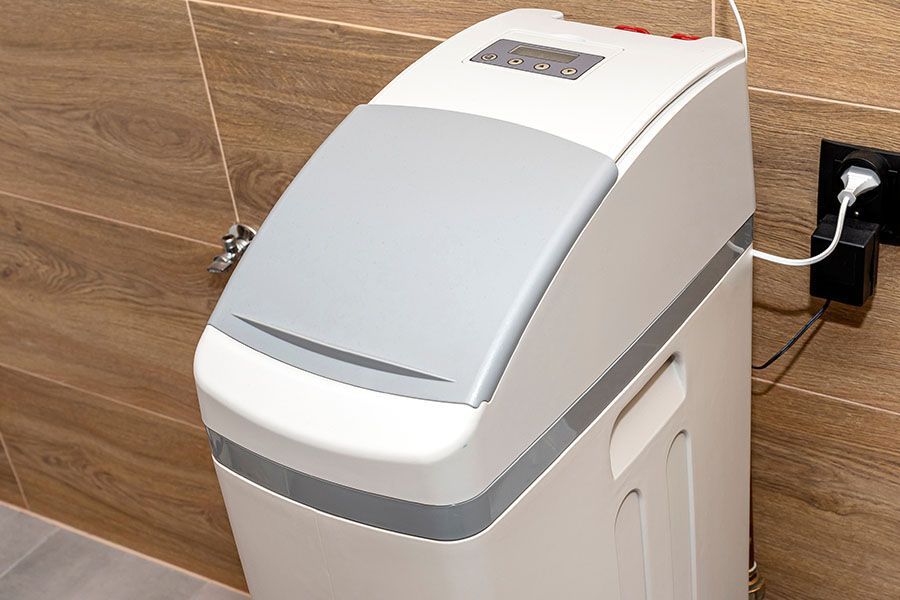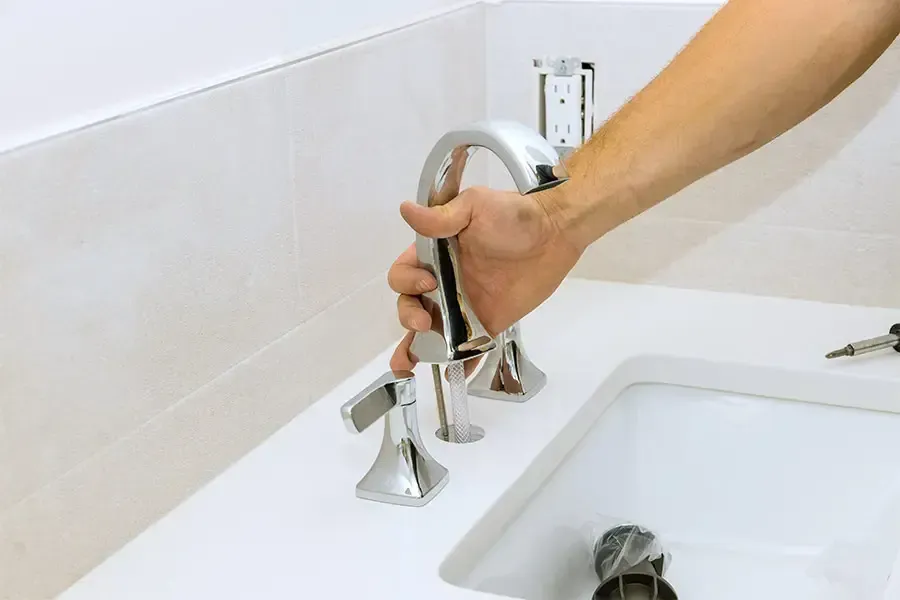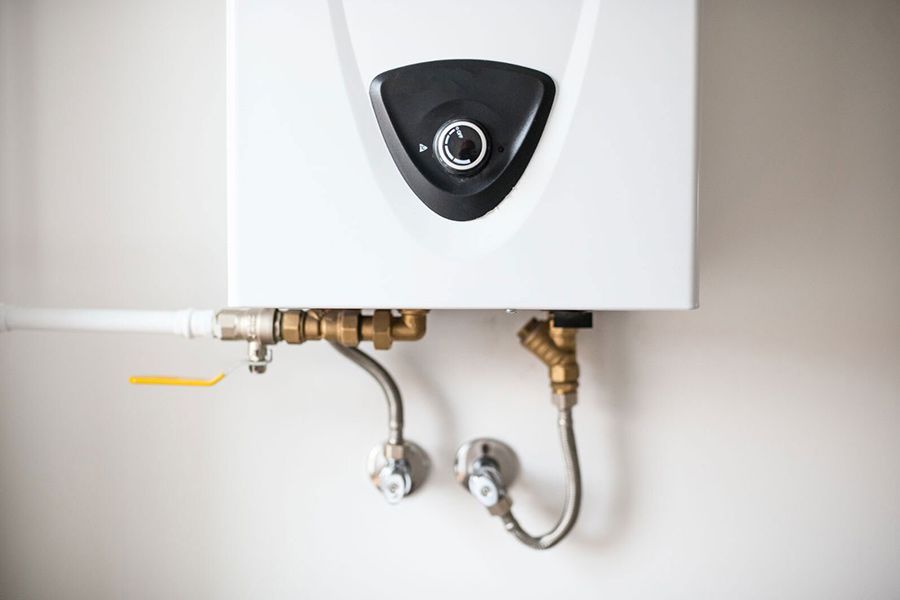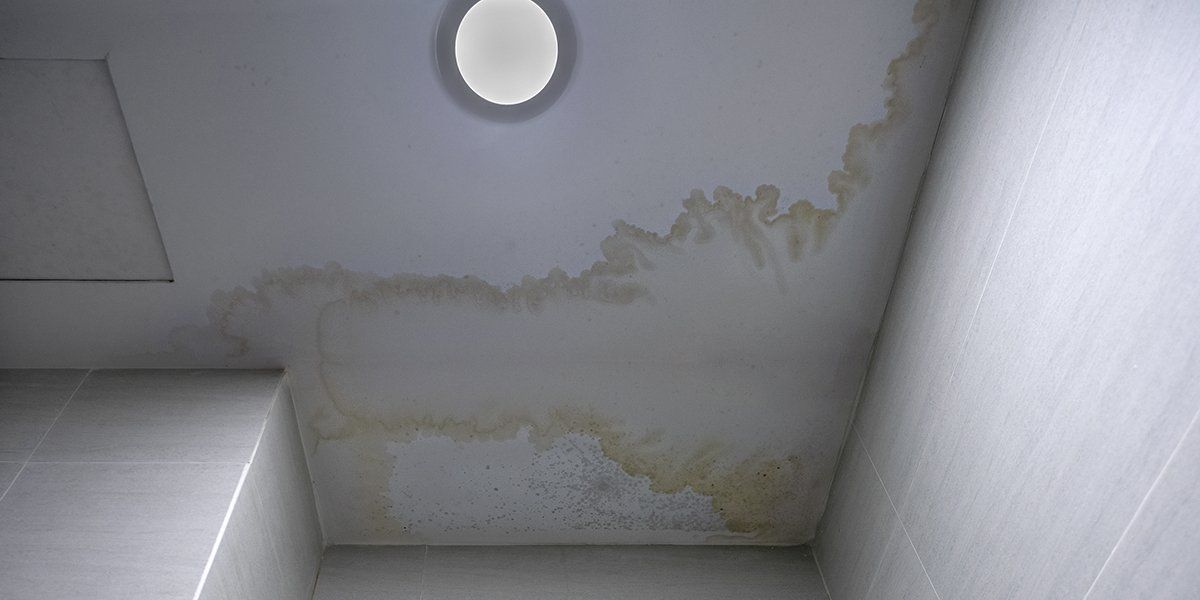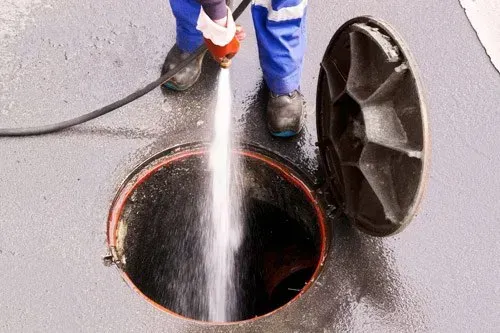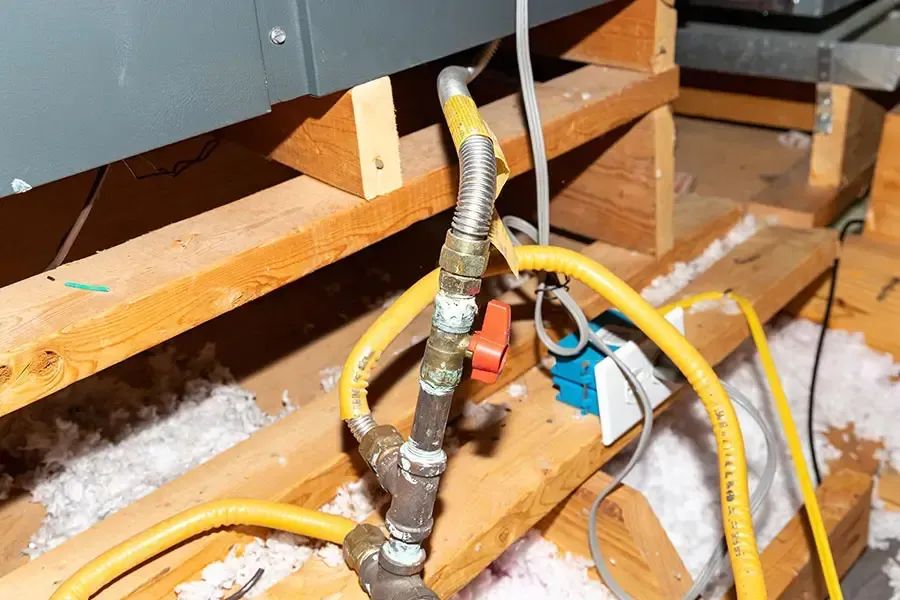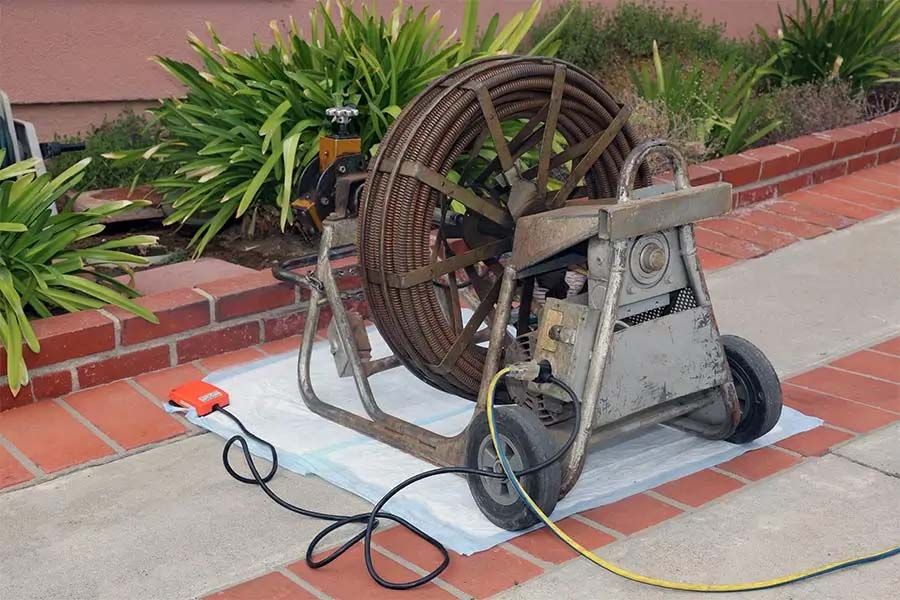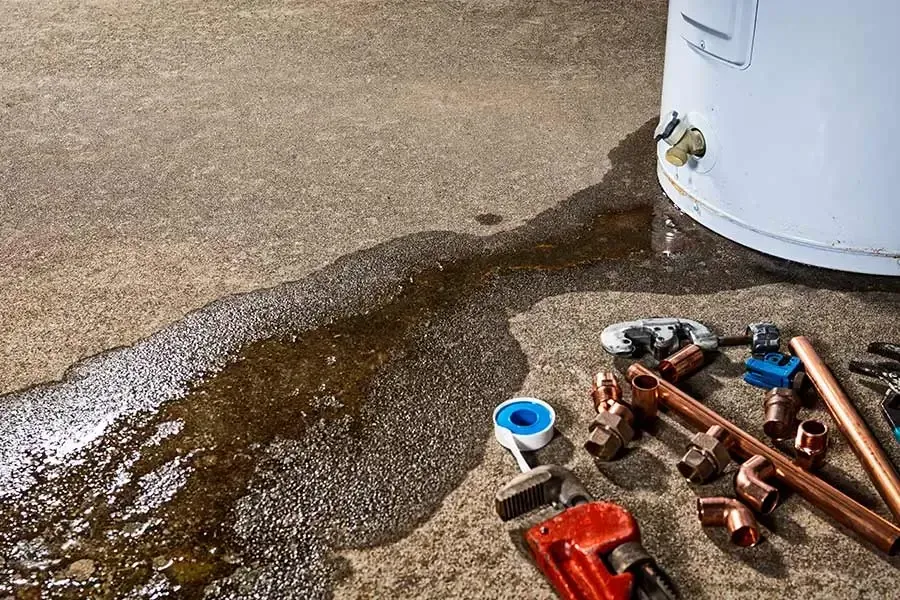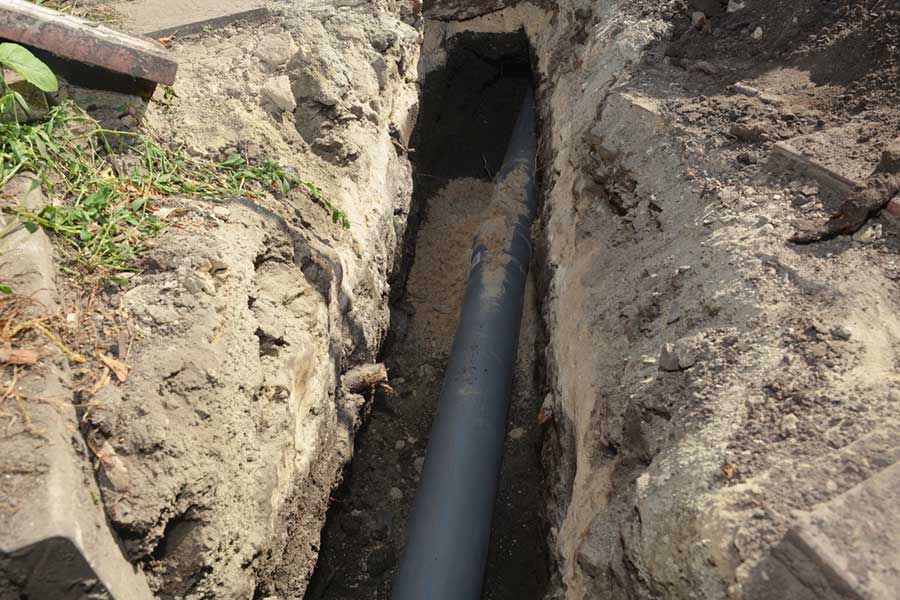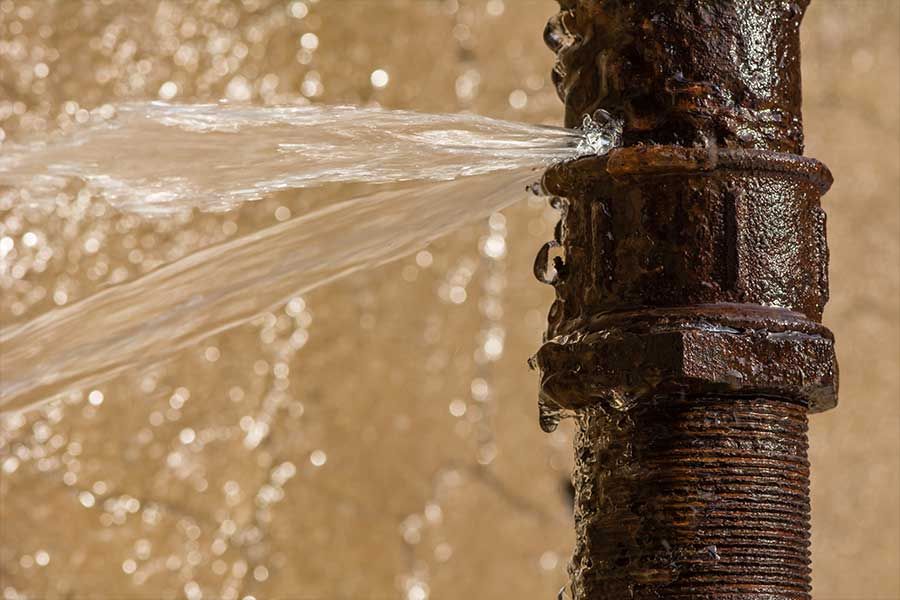Can You Flush Food Down the Toilet?
Wondering how best to deal with leftovers? Call Formica Plumbing and Sewer Co. at (440) 485-3850 for more tips!
American kitchens often include a garbage disposal built into their sink. At the end of a meal, many rinse off their dishes and flip a switch to grind everything up and send it down the drain. If you have a garbage disposal, you know how convenient it is to clean up and not worry about smelly foods stinking up your trash can.
If you don't own a garbage disposal, you may wonder, "Can you flush food down the toilet?". However, flushing food down your toilet can wreak havoc on your sewage system and, in some cases, affect your neighbors' plumbing as well. If you're having plumbing issues, contact the most effective plumber in Cleveland Heights, OH.
Why You Shouldn't Flush Food Down Your Toilet
Can you flush food down the toilet? Yes. Should you flush food down the toilet? No. Learn why flushing food scraps can mess up your home's sewage system and cause a mess.
Sewer Pipes Can't Handle Food
Most toilets have a drain pipe ranging from three to four inches in diameter. While that sounds large enough to flush food down, remember that your pipes often twist and turn to exit your home correctly. As waste goes around these corners, it may leave remnants behind or otherwise build up.
Let's look at what might happen if you regularly flush food down your toilet:
Food Can Get Stuck, Swell Up, or Solidify to Block Sewer Lines
Food waste like apple cores, fruit rinds, or animal bones can create blockages in your drains, while other foods like cereal, oatmeal, and rice may expand to plug up your pipes. Hot oil, cooking fats, butter, and other fatty substances can congeal and stop up your sewage.
Of all the areas in your home you don't want water coming back up, it's your toilet. While you may not notice immediate problems, using your toilet to flush food down may cause other contents to become stuck and build up over time.
Your Actions May Affect Your Whole Neighborhood
When you flush certain food items down your toilet, they may combine with toilet paper and other debris in the neighborhood sewage lines. These accumulated materials turn into fatbergs, or solid pieces of waste matter that can plug up entire community sewers. Fatbergs require specialized treatment and may cause damage to sewer lines, costing your county thousands or millions to eliminate.
How to Safely Handle Leftovers and Food Waste
Instead of asking, "Can you flush food down the toilet," ask yourself how you can help reduce food waste. Your sewer line will stay in good condition without the added stress of food, while your wallet will thank you every grocery shopping day. Before heading to the grocery store, learn how to handle leftovers you may already have.
Repurpose Leftover Food
Many leftovers can find room in your refrigerator while waiting for you to finish them off. Otherwise, you can learn how to use leftover food items in your next meal. For example, rice can go with multiple dishes as a side or filler food, while leftover mashed potatoes can top off your next shepherd's pie.
Repurpose Food Waste
If you like to garden or know someone who does, contribute your food waste to compost boxes. Your food's leftover vitamins and minerals can break down to create nutrient-rich soil that benefits many types of plants.
Food Disposal for Garbage Day
Many people try putting food down their toilet to avoid a smelly trash can. Instead, try placing your leftover food in used grocery bags and storing them in the freezer. The cold will kill the smell; when garbage day rolls around, you can remove the bags and throw the frozen food away.
Reduce Food Waste, and You'll Have Less To Throw Away
Avoiding food waste starts by controlling the amount of food in your home and how quickly it gets used and reusing food in new, inventive ways. Reduce food waste in your home, and your toilet won't tempt you as an alternative to a garbage disposal.
Try Meal Planning
Each week, build a meal plan so you know what ingredients you need. Some families plan everything from breakfast to snacks, while others focus on building nutritious dinners. Meal planning helps you understand precisely how much food you need to purchase, reducing the amount of waste in your home.
Perform an Inventory
Before heading to the store, look at what's in your fridge and on your pantry shelves. A quick food inventory helps you avoid purchasing duplicate items, saving space and potential food waste.
Shop Smart
Planning ahead and using your newly edited grocery list, purchase food in quantities that make sense. For example, if you only need to feed yourself and your significant other, you may not go through a 10-pound sack of potatoes before they begin growing roots or softening.
First in, First Out System
After getting your groceries home, place new items at the back of your fridge, freezer, or pantry, leaving older items at the front to use first. This rotation ensures that old foods get used before new items.
Freeze and Reuse
Freeze leftover meats and vegetables to use in a stew later in the week, or pour leftover soup or broth into a microwavable dish and freeze it. Freezing and reusing helps you get the most out of your food, avoid food waste, and save money over time.
Get Creative with Waste
Use your creativity to save food waste and money. You can bake potato skins for homemade chips, use carrot tops and spinach for pesto, or use stale bread to make croutons. Some plants, like celery and green onions, can regrow if planted correctly.
Do You Have a Stopped Up Toilet Because You Flushed Food Down It?
If you got here by searching "Can you flush food down the toilet" after suffering plugged-up sewer lines, you need immediate help from plumbing professionals. Call (440) 485-3850 and get quick, reliable repair and installation of toilets from Formica Plumbing and Sewer Co.
